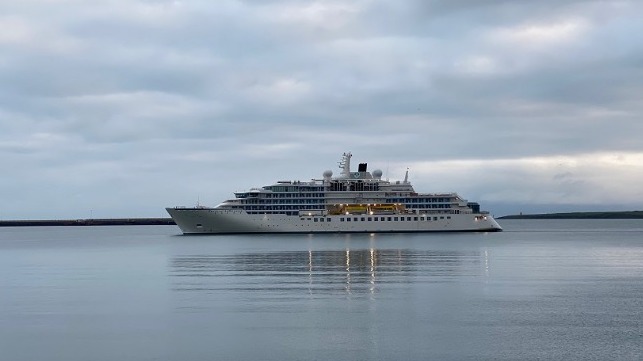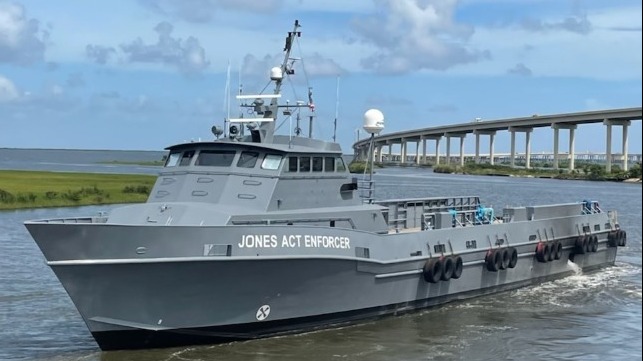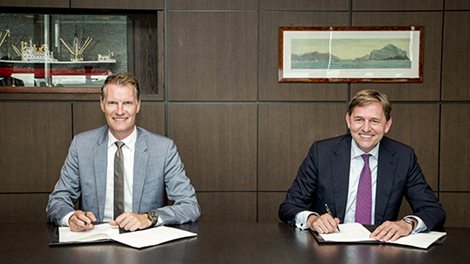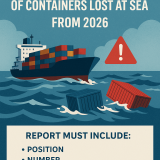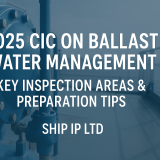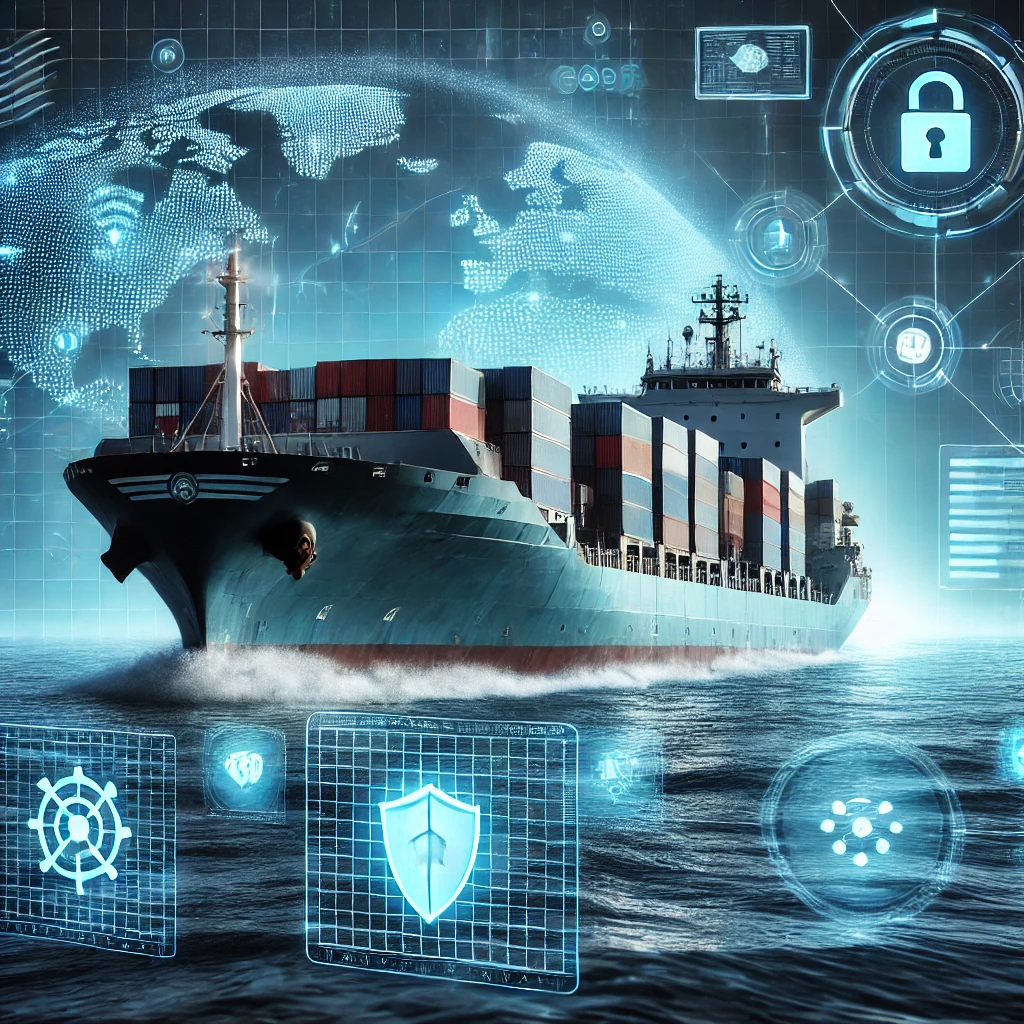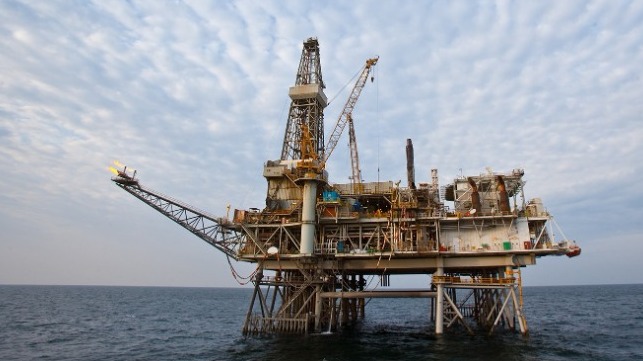
Azerbaijani state oil company SOCAR and oil and gas contractor Technip Energies have signed an agreement to study the use of floating wind turbines to power offshore oil and gas operations in the Caspian Sea. If realized, the pilot project would be the first deployment of offshore wind technology in Azerbaijan.
At present, upstream operations in the Caspian Sea mainly use electricity generated from natural gas. Among the main objectives of the pilot project is to determine the prospects for the supply of sustainable energy to the country’s upstream sector, reducing natural gas consumption and increasing gas exports.
“The energy efficiency is in focus of many energy companies and is an important part of SOCAR’s strategic plans. In line with the development trends of technology, we are already entering this area. Our goal is to reduce operating costs, increase energy efficiency and ensure the sustainability of operations at SOCAR,” said Rovnag Abdullayev, SOCAR president.
Technip Energies is a young company with a long history. In February, French-American oil and gas services contractor TechnipFMC spun off its “green” energy and petrochemical engineering services as an independent entity, Technip Energies. The new firm is focused on the energy transition, with emphasis on LNG, hydrogen and ethylene production; it also holds large contracts for petchem plant construction and upgrading, including a recently-completed petchem project for SOCAR.
SOURCE READ THE FULL ARTICLE
https://www.maritime-executive.com/article/socar-studies-floating-offshore-wind-power-for-offshore-gas-platforms

